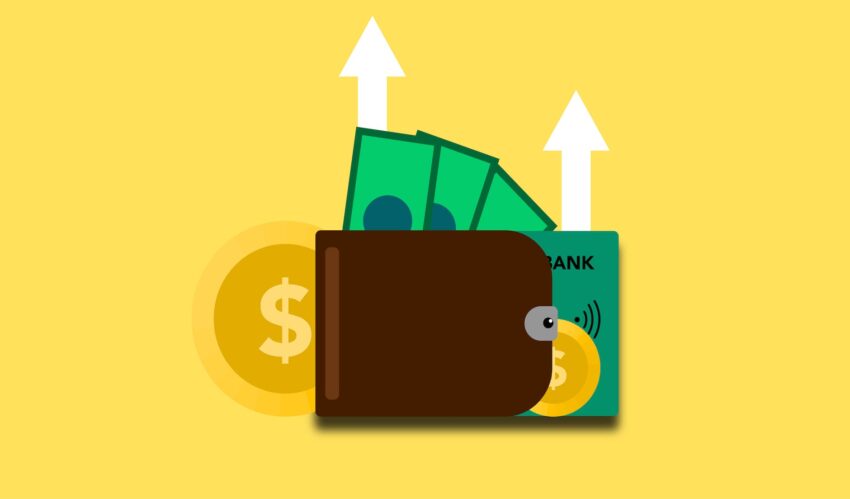Psychedelics, a powerful class of psychoactive substances, have sparked intrigue and controversy for ages due to their profound effects on human consciousness. Lately, they are surfacing more frequently in discussions about mental health treatment and self-development. This article aims to examine the benefits and risks associated with psychedelic use, emphasizing the importance of responsible use.
Psychedelics, also known as hallucinogens, can profoundly alter one’s perceptions of reality, bringing about experiences of deep personal insight, heightened mindfulness, and enhanced creativity. Scientific research has begun to uncover the significant therapeutic potential of these substances, particularly for individuals struggling with mental health issues such as depression, anxiety, and post-traumatic stress disorder (PTSD).
Psychedelics like psilocybin (found in magic mushrooms), LSD, and ayahuasca have shown promising results in clinical trials. For some individuals, these experiences have resulted in long-lasting improvements in mood and overall well-being. The psilocybin-assisted therapy, for instance, has shown potential in alleviating end-of-life anxiety and depression in terminally ill patients, providing them with a renewed perspective and acceptance of their mortality.
Emerging research suggests that psychedelic substances might also boost creativity by shifting thought patterns and enhancing cognitive flexibility. This shift can offer a new way to approach problems, fostering innovative solutions.
Moreover, many users report psychedelic experiences as transformative and beneficial for their journey of self-discovery. With the right setting, proper guidance, and a clear intention, they claim to attain a higher level of self-awareness, spiritual insight, and personal growth.
However, the use of psychedelics is not without its risks and should be approached with careful consideration. Psychedelics can cause uncomfortable or even dangerous physical and psychological effects. These adverse effects can include nausea, elevated heart rate, and intensified sensations which could lead to accidents or injuries.
Moreover, psychedelics can trigger intense emotional reactions and disorienting experiences, such as feelings of detachment from one’s self or reality, extreme paranoia, or temporary psychosis. It’s crucial to understand that these substances can bring forward suppressed memories or feelings, which might lead to emotional distress if not properly managed.
For individuals with a predisposition to certain mental health conditions, such as schizophrenia or bipolar disorder, psychedelic use might exacerbate these conditions or trigger a psychiatric crisis. Anecdotal evidence suggests that some individuals might experience long-term changes in their mental state after psychedelic use, raising concerns about their impact on brain health.
Lastly, the risk of illegal use and possession of these substances should not be underestimated, as most psychedelics are classified as Schedule I substances under the Controlled Substances Act in many countries. This classification means that they are currently not accepted for medical use and have a high potential for abuse.
To minimize these risks, responsible use of psychedelics is paramount. This includes the following: using psychedelics in a safe and supportive environment, preferably under guidance; taking a moderate dosage; having a clear intention for the experience; taking care of physical and mental well-being before, during, and after the experience; and adequately integrating the insights gained during the experience into everyday life.
In conclusion, while the therapeutic potential of psychedelics is promising, their use comes with considerable risks. Prospective users should thoroughly understand these risks and safeguard their physical and psychological well-being through responsible use. As scientists continue to unravel the complex effects of psychedelics, it’s crucial to keep an open dialogue about safe and beneficial psychedelic use.
Sources:
1. Mindfulness and Psychedelics
2. End-of-life Anxiety and Psychedelics
3. Psychedelics and Creativity
4. Self-discovery and Psychedelics
